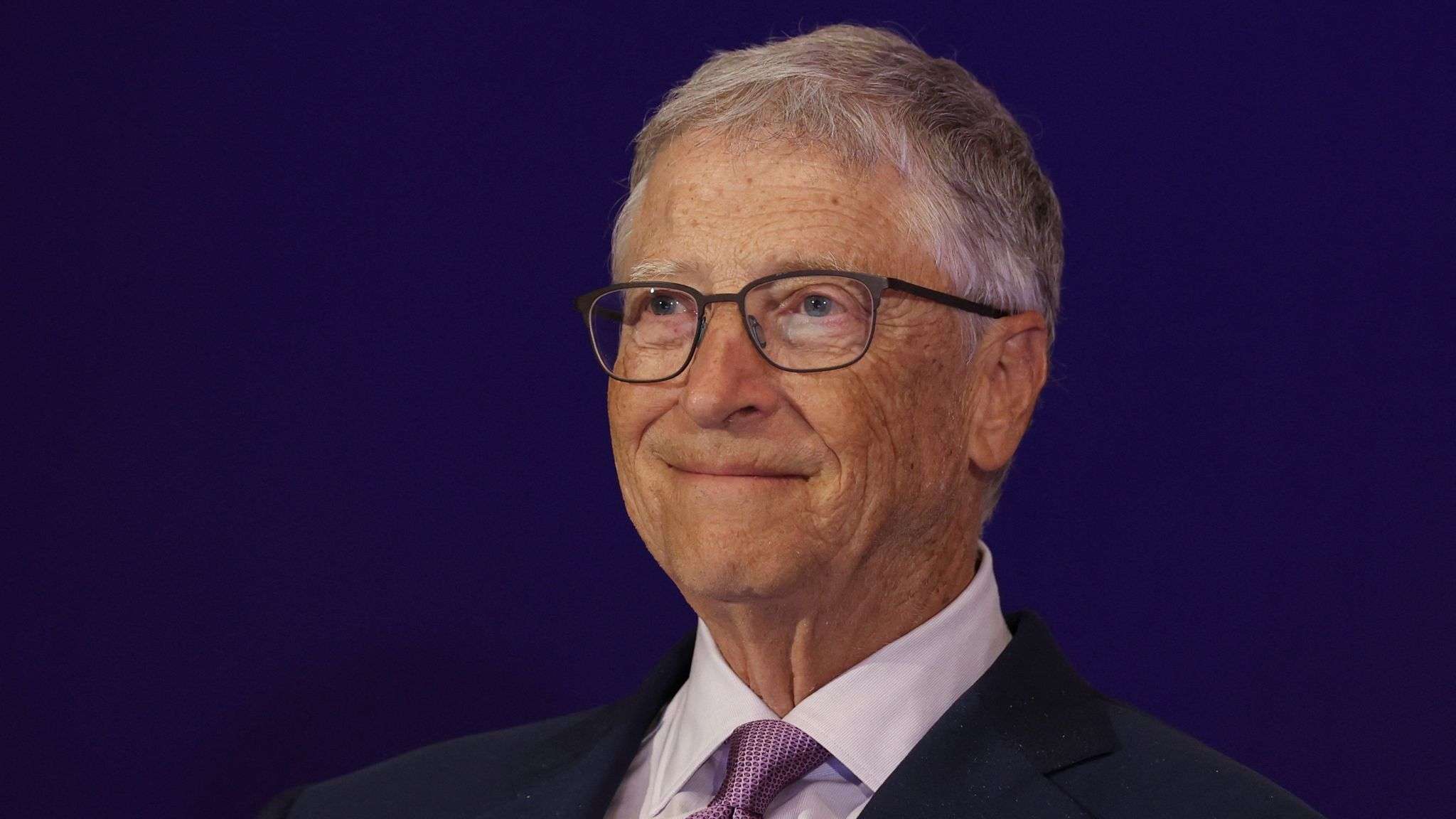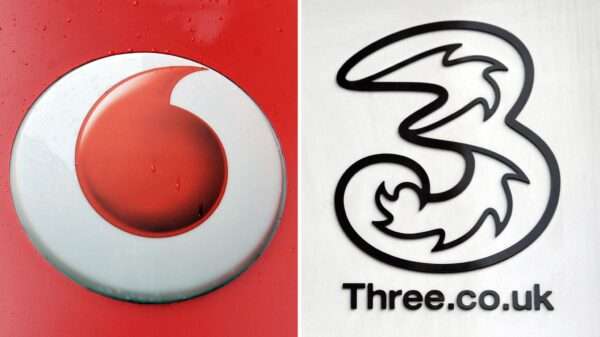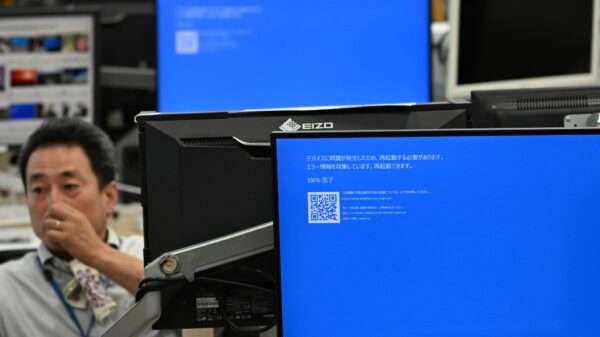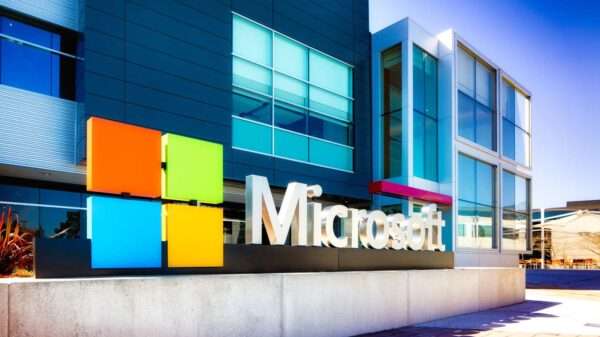In his latest memoir, Microsoft co-founder and philanthropist Bill Gates candidly shared that if he were growing up today, he would likely be diagnosed with autism. Reflecting on his childhood, Gates described himself as obsessive, socially unaware, and often perceived as rude—traits commonly associated with neurodivergence.
Despite these challenges, Gates emphasized that he wouldn’t change the way his brain works “for anything.” His success in building one of the world’s most influential technology companies and his later pivot to philanthropy showcase how his unique way of thinking contributed to his achievements.
Gates is the latest high-profile figure to acknowledge having traits linked to autism or other neurodivergent conditions. Over the years, more successful individuals—including business leaders, scientists, and creatives—have opened up about their experiences, challenging outdated stereotypes and highlighting the value of diverse cognitive perspectives.
The Microsoft co-founder, who is one of the world’s richest people, makes the observation in his memoir: Source Code: My Beginnings – which will be released on Tuesday.
In an excerpt shared by The Wall Street Journal, the 69-year-old billionaire wrote: “If I were growing up today, I probably would be diagnosed on the autism spectrum.
“My parents had no guideposts or textbooks to help them grasp why their son became so obsessed with certain projects, missed social cues, and could be rude or inappropriate without seeming to notice his effect on others.”
He said that “the fact that some people’s brains process information differently from others” wasn’t widely understood during his childhood, with the term “neurodivergent” only becoming popularised in the 1990s.
His revelation also adds to a growing conversation about the importance of recognizing and supporting neurodivergence, particularly in children who may struggle with social norms but possess exceptional talents in other areas. As understanding of autism and other neurodivergent conditions evolves, Gates’ perspective serves as a reminder that differences in thinking can be a powerful asset rather than a limitation.









































